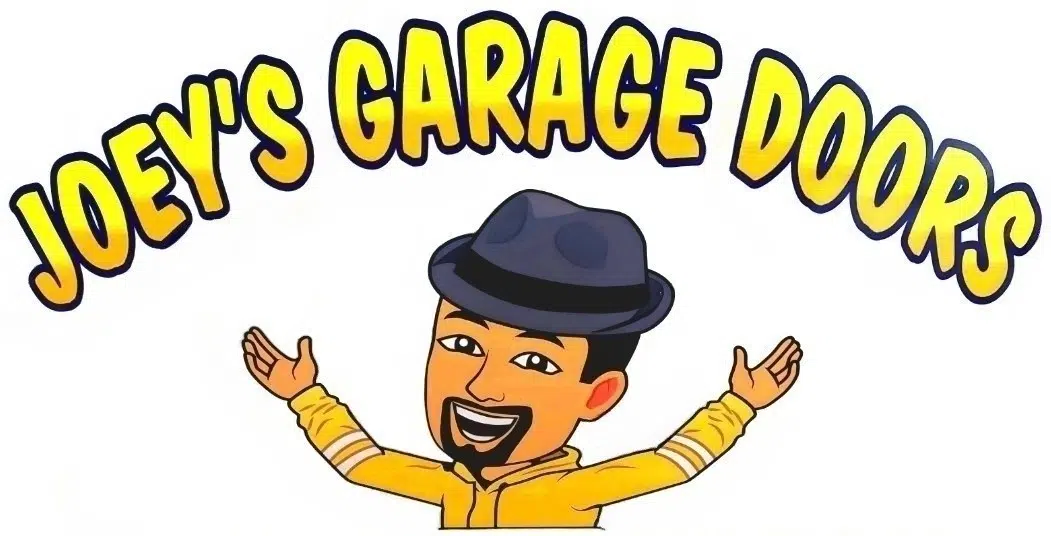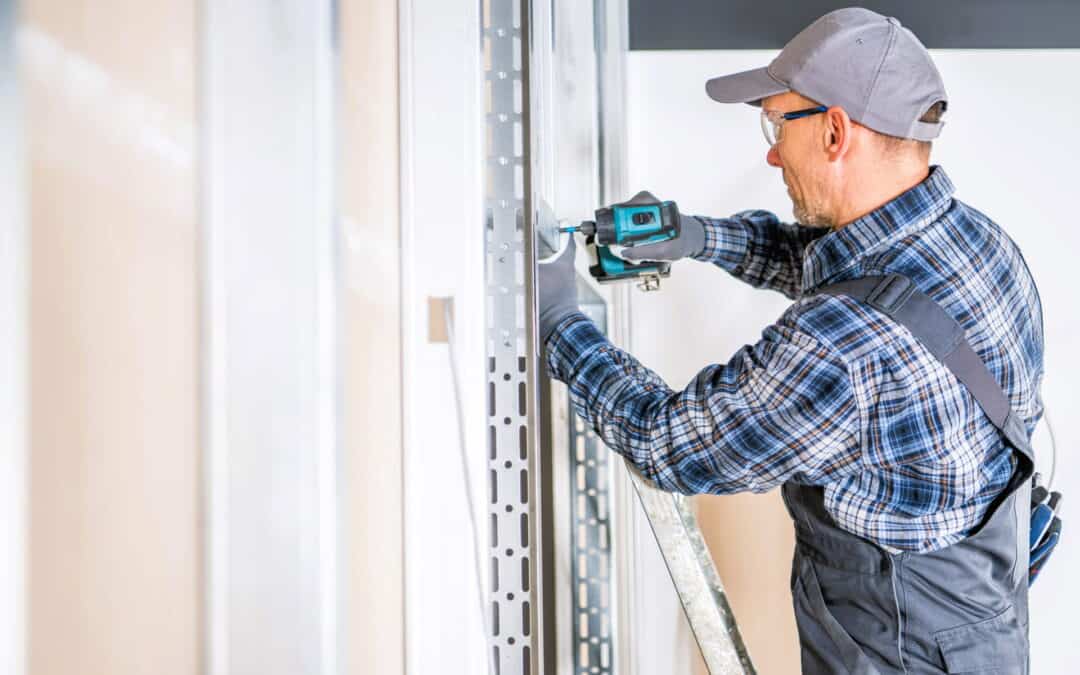Garage doors depend heavily on torsion springs to function efficiently, but these vital components are subject to wear over time. Identifying the signs of a failing torsion spring can help prevent accidents and keep your system working reliably. This guide will highlight common indicators that your torsion spring may need attention or replacement.
Understanding Torsion Springs
Torsion springs play a critical role in the lifting mechanism of garage doors, making it easier to open and close them with minimal effort. Over time, these springs can wear out or break, often without warning, leading to potential safety hazards. An example of this could be seen in a recent case where a homeowner noticed their garage door was taking longer than usual to open and close, a classic sign of spring fatigue.
- Torsion springs counterbalance the weight of the garage door.
- The average lifespan of torsion springs is around 10,000 cycles.
- Regular inspection and lubrication can extend the life of these springs.
Early Warning Signs of Failure
The early stages of torsion spring failure can be subtle and easily overlooked. Being aware of these early signs can save you from unexpected repairs and potential dangers.
- The door may start to open or close more slowly than usual.
- You might hear creaking or straining noises as the door operates.
- The door may stop partially open or closed without any clear reason.
Visible Damage on Springs
One of the most obvious signs of a problem with torsion springs is visible damage. If you notice any of these physical changes, it’s crucial to address them immediately to avoid further complications.
- Gaps appearing in the spring coil indicate a break.
- Rust on the springs can weaken them, leading to failure.
- Any noticeable elongation of the spring coil suggests wear.
Difficulty Opening Garage Door
When a torsion spring is failing, it may lose its ability to counterbalance the garage door’s weight, making it difficult to open. This symptom often manifests as the door feeling heavier than usual or failing to stay up when opened.
- The door may require more force to open.
- It may close quickly and with a bang.
- Motor strain may become apparent in automatic garage door openers.
Unusual Noises During Operation
Unusual noises are a clear sign that something is amiss with your garage door mechanics. These sounds often precede more serious issues, serving as an early warning system to prevent accidents.
- Grinding noises might indicate metal-on-metal contact.
- Popping sounds can signal that the spring is struggling to maintain tension.
- Squeaking may occur if the spring is dry or rusting.
Garage Door Falls Rapidly
A failing torsion spring can cause your garage door to close more quickly than it should, posing a significant safety risk, especially in households with children or pets.
- A rapid closure indicates a loss of tension in the springs.
- This symptom is often sudden and unexpected.
- Immediate professional consultation is advised to prevent injuries.
Preventative Maintenance Tips
Maintaining your garage door can significantly extend the life of the torsion springs and ensure safe operation.
- Regularly clean and lubricate the springs.
- Schedule annual inspections with a garage door professional.
- Replace the springs every 7-10 years, depending on usage.
When to Call a Professional
Some garage door repairs can be dangerous and require professional expertise, especially when dealing with torsion springs.
- Professionals have the tools and training to safely replace torsion springs.
- DIY attempts can result in injuries or further damage to the door.
- Look for certified technicians with positive reviews and proper insurance.
Key Takeaways on Garage Door Torsion Spring Maintenance
Recognizing the signs of a failing garage door torsion spring is crucial for maintaining the functionality and safety of your garage door. Regular maintenance, coupled with timely professional inspections, can prevent most torsion spring issues.
FAQs About Garage Door Torsion Springs
- How long do garage door torsion springs last?
- Typically, torsion springs last about 10,000 cycles, which for an average homeowner might translate to 7-10 years depending on usage.
- Can I replace garage door torsion springs myself?
- Replacing torsion springs can be very dangerous. It is highly recommended to hire a professional to ensure safety and correct installation.
- What does it cost to replace garage door torsion springs?
- The cost can vary depending on the type of spring and the rates of the local service, but generally, it ranges from $200 to $400.
- How do I know if my garage door springs need to be replaced?
- Signs include unusual noises, difficulty in opening the door, rapid door closure, and visible damage to the springs.
- Is it necessary to replace both torsion springs if only one is broken?
- Yes, it’s advisable to replace both springs at the same time to maintain balance and proper functioning of the door.
By staying alert to the signs of wear and seeking professional help when necessary, you can ensure that your garage door remains safe and functional for years to come.
At Joey’s Garage Door & Renovations Services provides high-quality, reliable, and professional garage door and renovation solutions that enhance the safety, functionality, and aesthetics of your home or business. We believe in combining expert craftsmanship with outstanding customer service to exceed your expectations every time.


